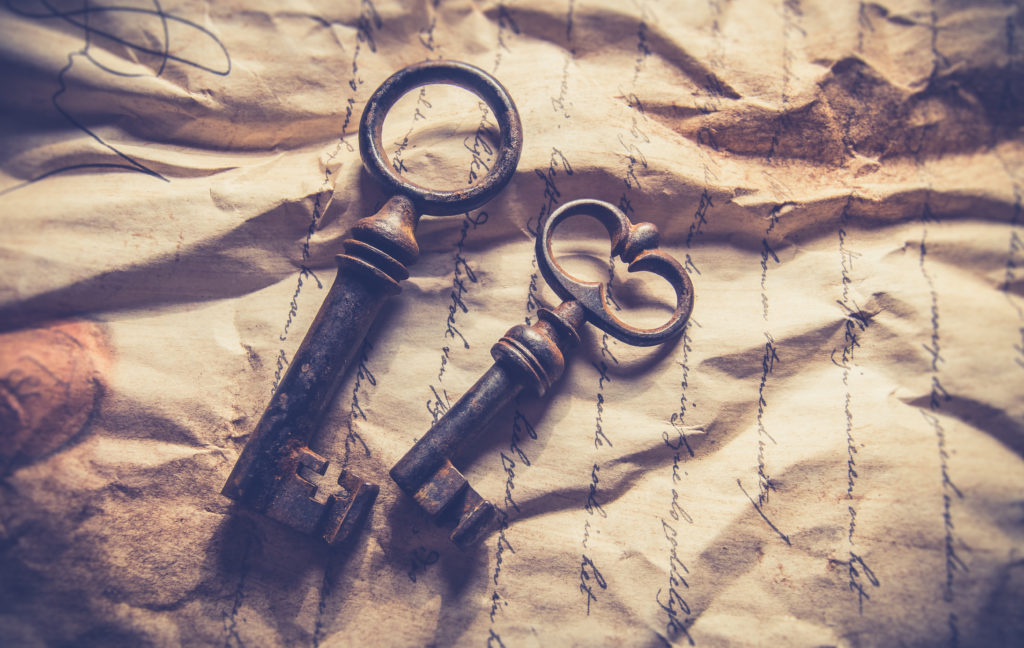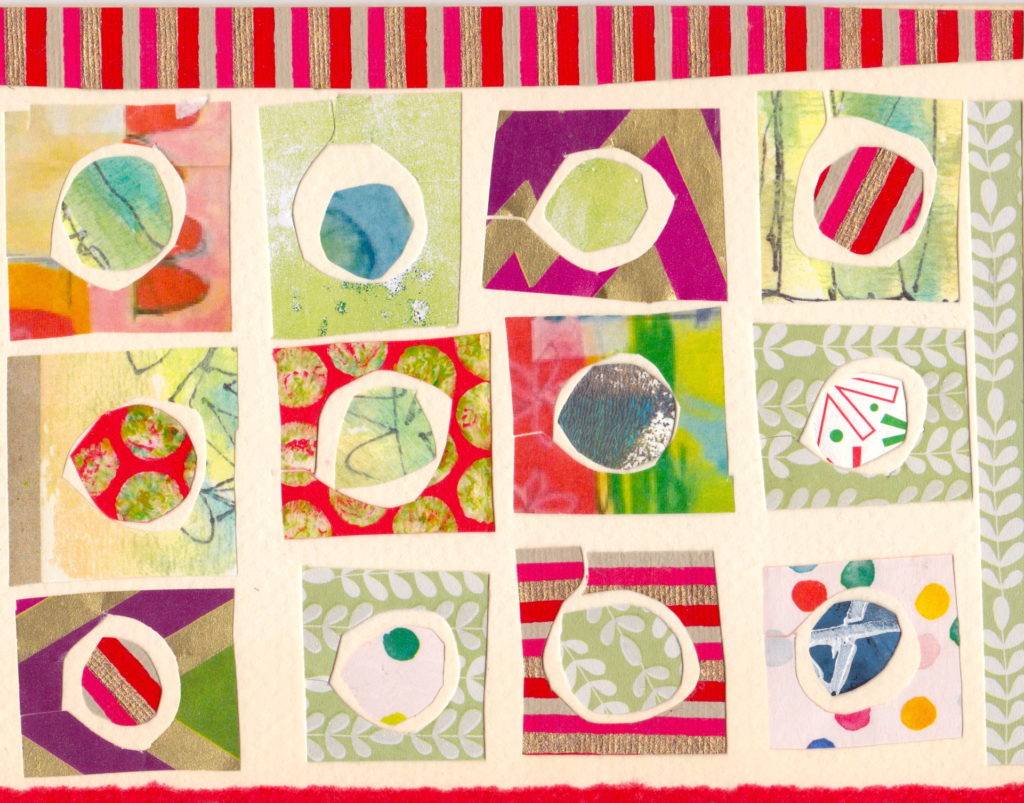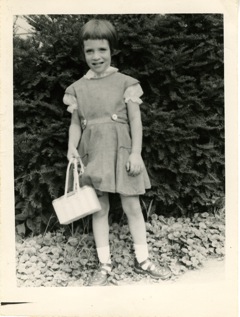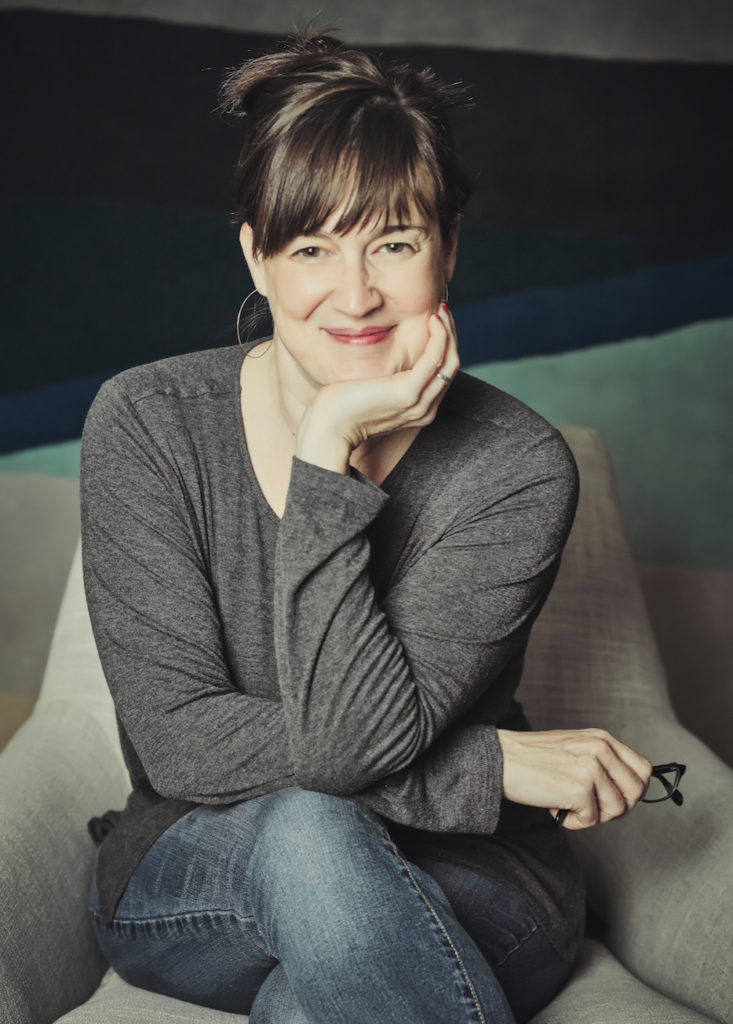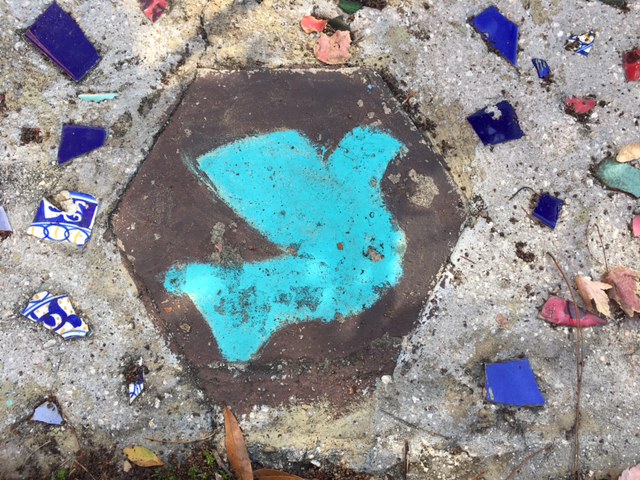
What do these words have in common? According to the amazing caregivers who answered my FaceBook shout-out, these are all ways of finding peace when you’re between a rock and the hard place of caregiving. Read on for even more wisdom from caregivers just like you. Many thanks to everyone for being so generous with your time and your words!
I kept a list of goals accomplished, because you do accomplish things . A brief list of achievements reinforces that you are indeed effective. Cathy G
You must find someone to take over your caregiving for an hour, a day, or a weekend so that you can do something for yourself. Ginni B
One word – family. My mother’s illness and eventual death brought my brothers and me such closeness that I almost think she planned it that way. Brenda B
Laughter is THE best medicine. Look for it. It’s there! Cathy S
Make a self soothing box. Find a pretty box (any size you prefer). Put inside the box things that soothe you Like: candle,scented lotion,picture of your loved one when they were young, rock from a vacation, cork from a bottle of wine that holds a story etc. Sheila A
Reaching out for help. I simply asked people to text me to relax, or breathe, or pray…whenever they thought of me randomly during the day. Becky D
Only the grace and mercy of God keeps me going when I want to quit. Ruth H
Without laughter where would we be? In the end it’s the only thing that helps us hang on longer. Cathy C
Watching Master of None and laughing till it hurts!!! We are more than the fixer, the caregiver, the one who must make decisions. Enee A
My “calm” has always been music. Whether studying it, playing it, or merely listening and appreciating it, music transcends all boundaries. Chris A
I’m still working on that. Jen K
Taking time to look through pictures of past memories. Remembering wonderful times with friends and family. This can renew your soul. Denise H
“I can do all things through Him who strengthens me.” Liz L
Scheduling 15 minutes of “me” time. Catherine B
I cry, I call my friends who lift my spirits up, I hold & kiss my cat, I sit on my deck admiring the beautiful view, I read late at night, I make a dessert…… it’s little things that add up that gets me through. Eve T
The peace is found knowing that what you are doing is the ultimate labor of love. When it is over, you will miss so much of what you did so lovingly. Elizabeth M
Prayer. Jac D
“Recognize the Lord’s presence in the difficult times, and give Him the glory. See how even the things we think of as setbacks are all part of His perfect plan for our lives. Susan C
Sometimes all I can do is simply breathe and rely on the only One who can see me through that very moment. Jana S
My sweet golden and chocolate help me work through it. Each of us has to find our own path to acceptance of hard choices. Debra R
I no longer think of myself as a caregiver, which implies duty, but rather as performing the work that He has given me for today. Tom M
My favorite bible verse “I can do all things, through Christ who strengthens me.” Helen H
The motto we used through 5 brain surgeries and subsequently 6 months in the hospital: TODAY IS NOT FOREVER. TODAY IS JUST TODAY. Lori R
I pray, then get busy with what God would have me do for that day. Roxanne M
I can stand anything for a little while!! Good times do not last forever and neither do bad ones!! Sharon D
I love him more than enough and I can love him through this. Judith R
On-line support, friends, and prayers. Michele L
A walk or some outdoor activity. Nanette H
The beautiful tile painting of a dove was found at a friend’s home.


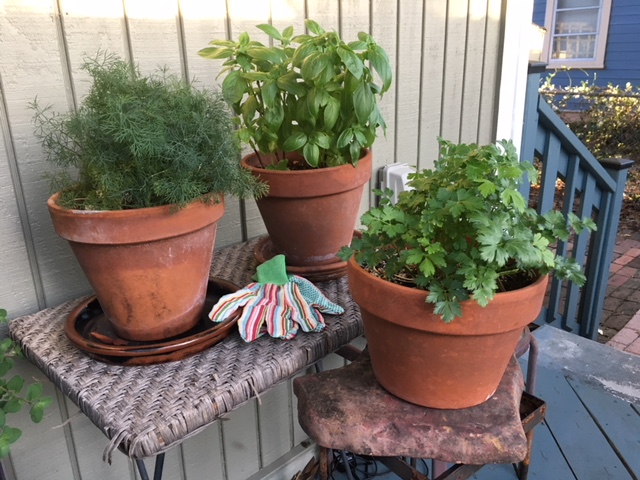
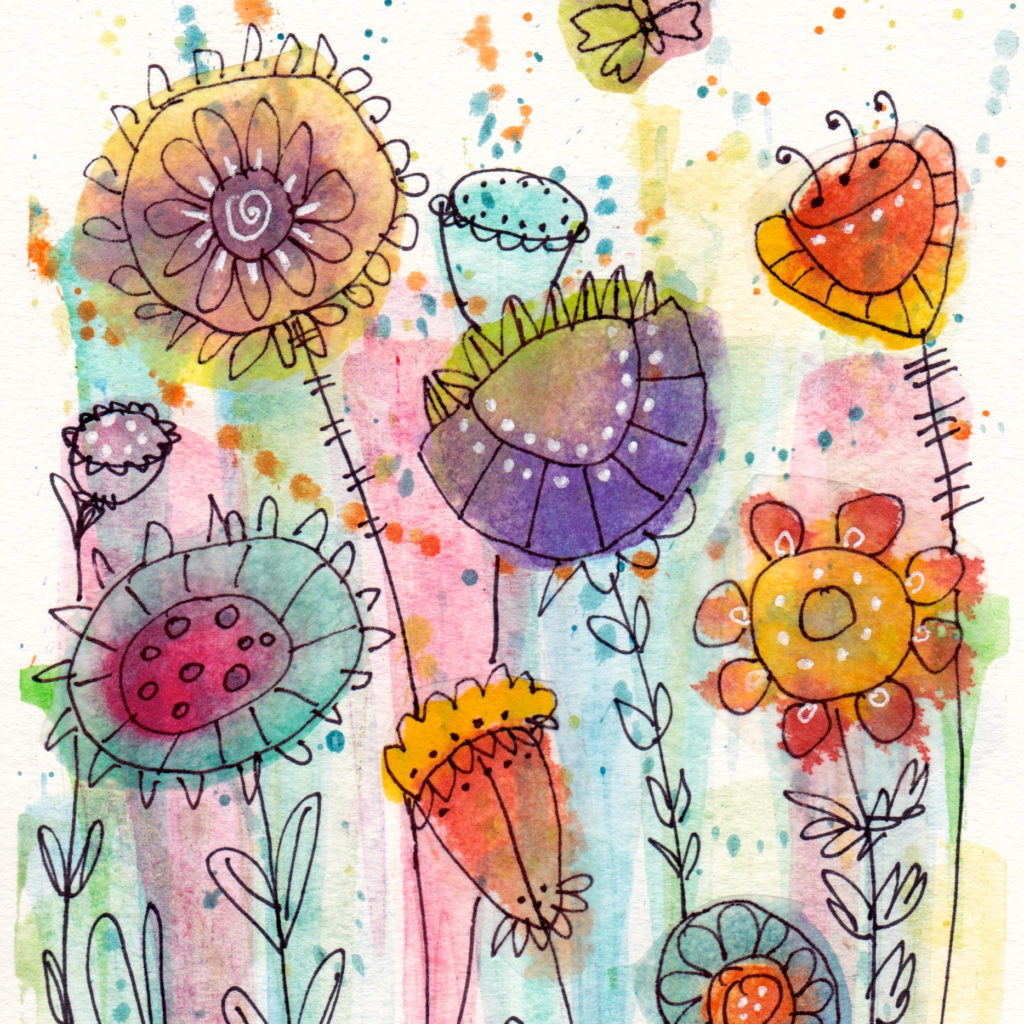
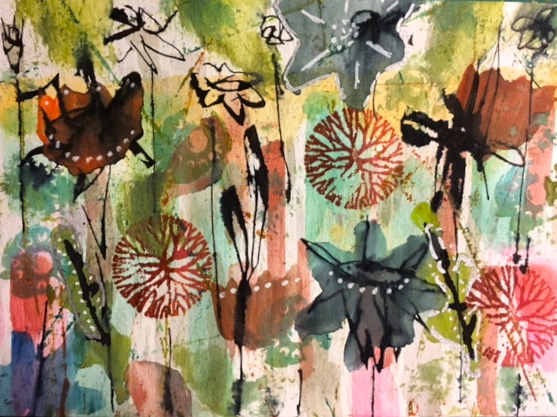
 As most of you know, every month, I am privileged to facilitate a writer’s group specifically for caregivers. One of our members, Terry, wrote a piece that goes to straight to the heart of what it’s like to be on this journey, and she has graciously allowed me to share it with you.
As most of you know, every month, I am privileged to facilitate a writer’s group specifically for caregivers. One of our members, Terry, wrote a piece that goes to straight to the heart of what it’s like to be on this journey, and she has graciously allowed me to share it with you.